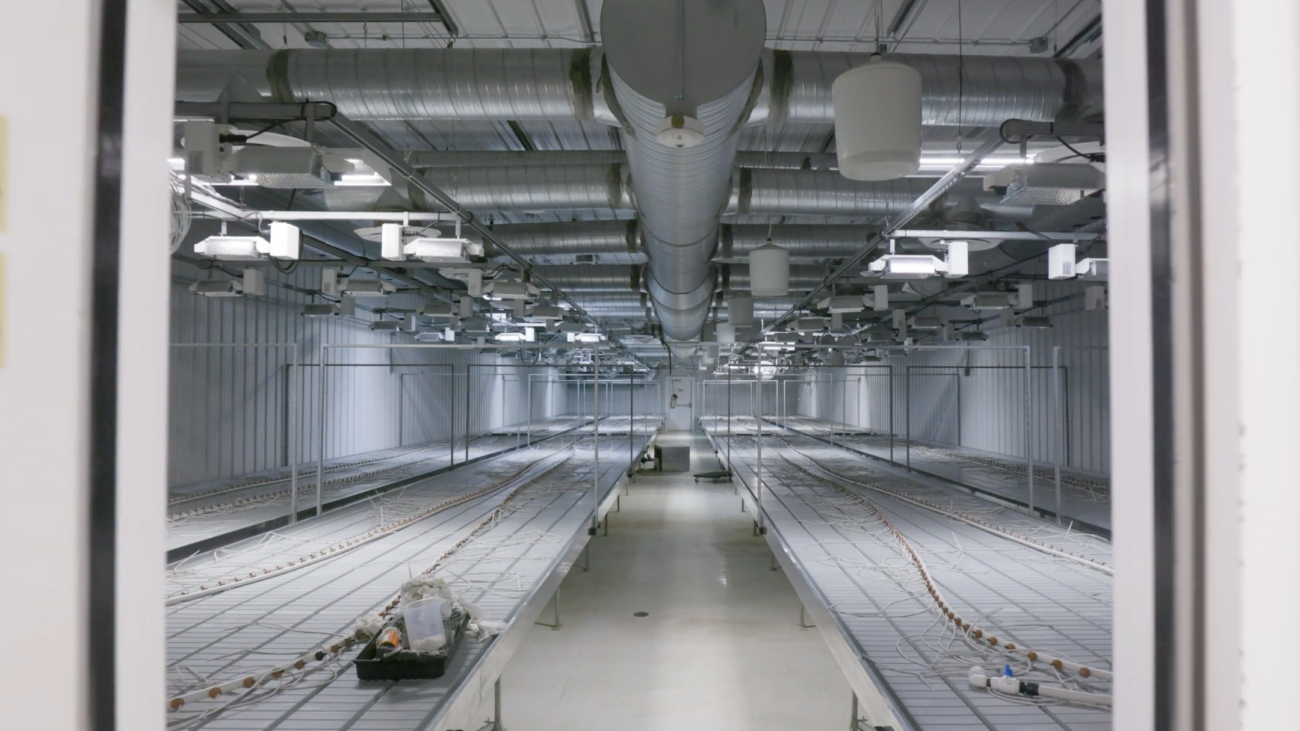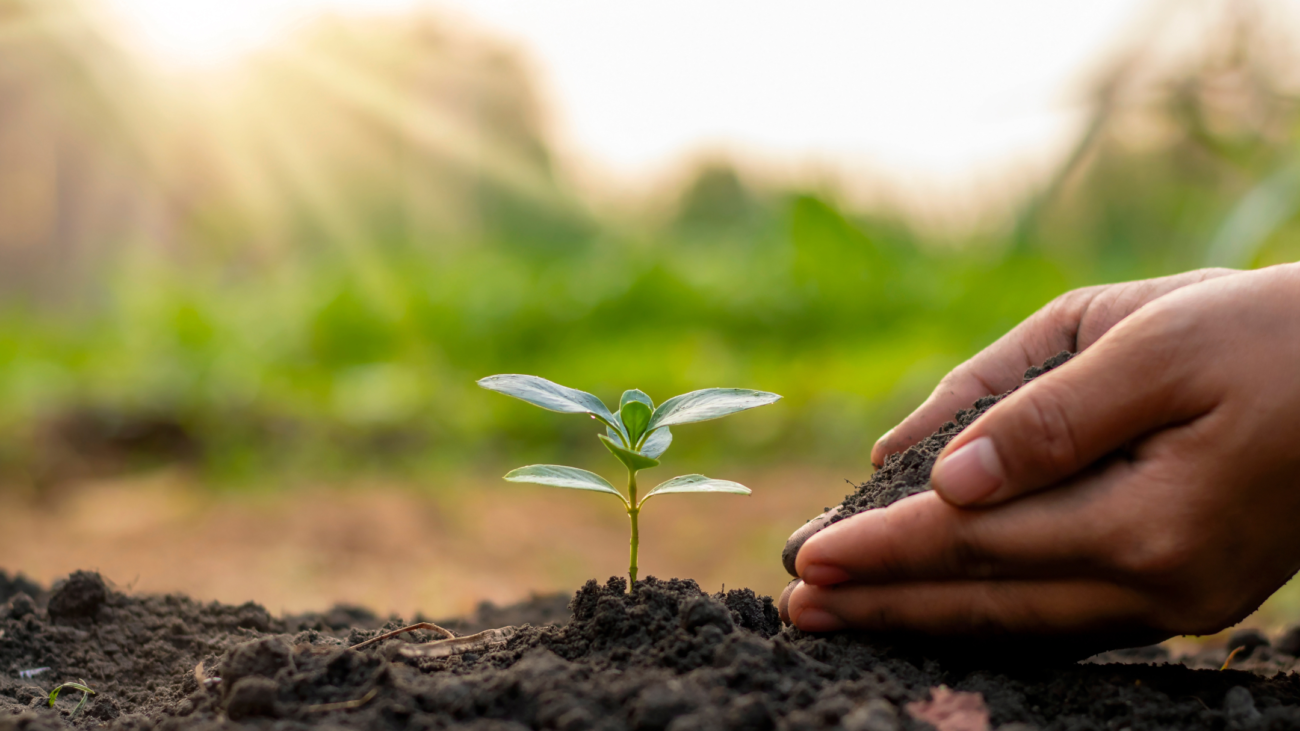In a world where innovation is constantly pushing boundaries, agriculture has not remained untouched. High-tech indoor grow facilities have emerged as the unsung heroes of modern farming, quietly revolutionizing the way we grow crops and contributing a host of benefits to agriculture and society at large. We take a closer look at the many advantages of these state-of-the-art facilities and how they are quietly reshaping the future of food production.
Year-round Harvests: Perhaps one of the most remarkable feats of indoor grow facilities is their ability to provide a consistent supply of crops throughout the year. Unaffected by the vagaries of weather, these facilities create an environment where growers can fine-tune conditions like temperature, humidity, and light to ensure a reliable harvest, even during the harshest of seasons.
Vertical Farming: Indoor farms take agriculture to new heights – literally. With ingenious stacking methods, they maximize space usage, yielding substantially more crops per square foot than traditional farming methods. This innovative approach helps address the growing challenge of limited arable land.
Water Wisdom: Indoor facilities often employ advanced irrigation and hydroponic systems that do wonders with water. These systems recycle and filter water efficiently, drastically reducing consumption compared to outdoor farming practices.
Precision at Its Peak: Technology is the beating heart of indoor farming. Sensors, automation, and data analysis work together to monitor and regulate growing conditions with unparalleled precision. This level of control not only optimizes crop growth but also minimizes resource wastage, resulting in top-quality produce.
Pests and Diseases Be Gone: Indoor environments provide a natural shield against pests and diseases. Growers can enforce strict biosecurity measures, reducing reliance on chemical pesticides and herbicides and ensuring healthier, safer produce.
Energy Efficiency: While energy is required to power indoor facilities, modern advances in LED lighting and energy-efficient HVAC systems are turning these operations into models of sustainability. Some facilities even incorporate renewable energy sources like solar panels.
Crop Diversity: Indoor farming offers a diverse menu of crops. Growers have the freedom to cultivate a wide range of varieties, including exotic or off-season choices, meeting the ever-evolving desires of consumers and opening new doors to market growth.
Local Food for a Sustainable Future: Indoor grow facilities promote local food production, reducing the need for long-haul transportation and thereby diminishing the carbon footprint associated with food distribution. This small change contributes significantly to sustainability efforts.
Environmental Harmony: The controlled nature of indoor farming results in reduced waste, lower resource consumption, and fewer greenhouse gas emissions when compared to traditional agriculture methods.
Job Creation: The establishment and maintenance of high-tech indoor grow facilities create a spectrum of job opportunities. These include roles in agriculture technology, engineering, and skilled labor, stimulating local economies.
Climate-Proof Solution: In a world experiencing more erratic weather patterns due to climate change, indoor grow facilities offer a shield of protection. They act as a buffer against extreme weather events that can disrupt outdoor crop production.
Scientific Exploration: The data-rich environment within indoor facilities fuels scientific inquiry and experimentation. Researchers leverage this to develop new crop varieties, optimize cultivation methods, and confront global food security issues head-on.
High-tech indoor grow facilities embody a paradigm shift in agriculture. They offer not only a more sustainable and efficient approach to food production but also serve as a wellspring of innovation, employment opportunities, and climate resilience. As we navigate a future marked by rising global food demands and environmental concerns, these facilities will continue to work their magic, quietly but powerfully shaping the landscape of agriculture for generations to come. Learn more about Royalty Farms’ indoor grow facility; call us at 855-479-4083.


